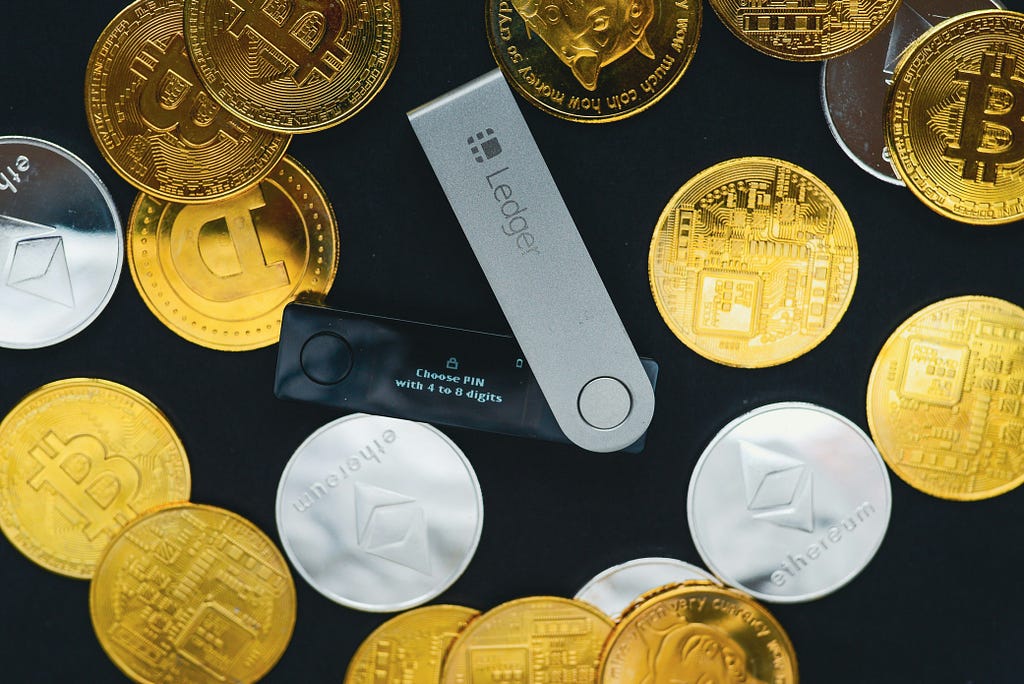Looking for the best crypto wallet in 2025? Check out our detailed breakdown of top wallets, their pros and cons, and how to choose the right one for you.
Crypto Wallets: Your First Step to Secure Crypto Investing
Ever heard that story of the guy who lost millions in Bitcoin because he forgot his wallet password? Yikes, right? That’s every crypto investor’s worst nightmare. But don’t panic — crypto wallets have come a long way, and it’s easier than ever to keep your crypto safe and accessible, even if you’re a busy 9-to-5er with a million other things to worry about.
Choosing the right wallet is crucial — not just for security, but for convenience, too. After all, who has time to mess with complicated wallets after a long day at work? In this guide, we’ll cover the best crypto wallets available in 2025, highlighting their pros and cons, and help you decide which one fits your busy lifestyle.
Ready? Let’s dive in.
Quick Takeaways (For the Busy Folks)
- Crypto wallets come in different types: hardware, software, and custodial (exchange-based).
- Hardware wallets (Ledger, Trezor) offer maximum security but less convenience.
- Software wallets (Trust Wallet, Exodus, MetaMask) provide ease of use and quick access.
- Custodial wallets (Coinbase, Binance) are user-friendly but rely heavily on exchange security.
- Common mistakes: neglecting backups, sharing private keys, using unverified wallets.
Now, let’s dive deeper to find the perfect wallet for you.
Deep Dive: Understanding Crypto Wallets (Without the Tech Jargon)
First things first, what’s a crypto wallet anyway? Simply put, it’s your digital vault to store, send, and receive cryptocurrency. Think of it like your personal crypto bank — but instead of a building, it’s software or hardware. Easy enough, right?
Crypto wallets usually fall into three main types:
- Hardware wallets (physical devices)
- Software wallets (apps on your phone or desktop)
- Custodial wallets (provided by exchanges like Coinbase or Binance)
Let’s break down the top picks in each category.
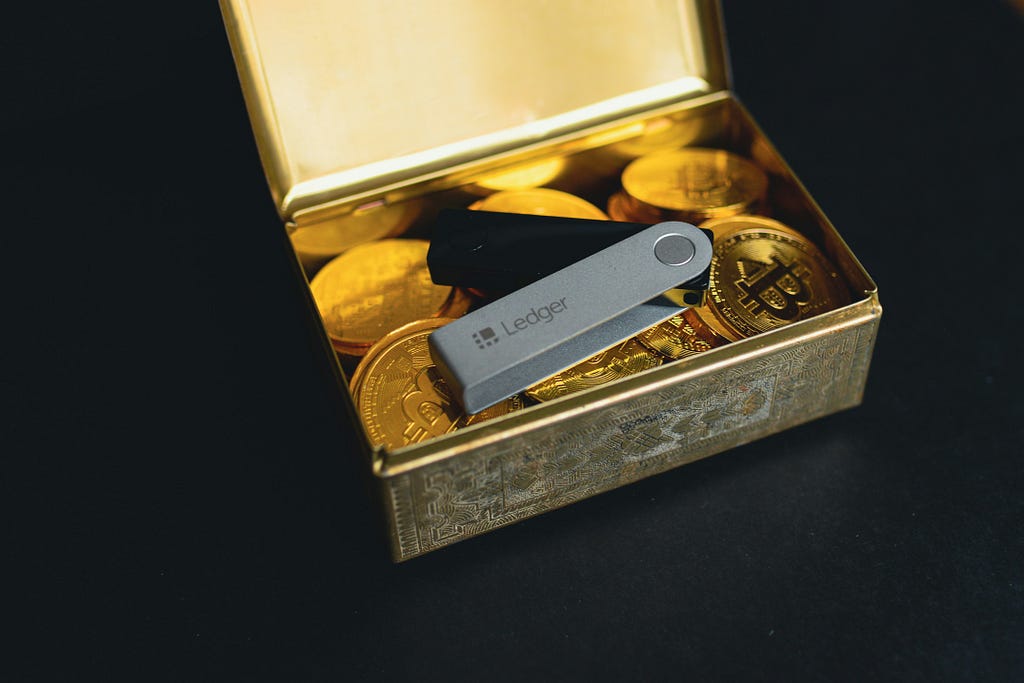
Best Crypto Wallets for 2025: Detailed Comparison
🥇 Hardware Wallets: Maximum Security, Maximum Peace of Mind
Ledger Nano X

The Ledger Nano X is like the Fort Knox of crypto wallets — secure and reliable. It’s a physical device, so it stores your crypto offline (known as cold storage).
Pros:
- Top-tier security with offline storage.
- Supports over 1,500 cryptocurrencies.
- Bluetooth connectivity for mobile use.
- User-friendly Ledger Live app.
Cons:
- Costs around $150 — not cheap.
- Physical device could get lost or damaged.
- Slightly less convenient for frequent transactions.
Trezor Model T
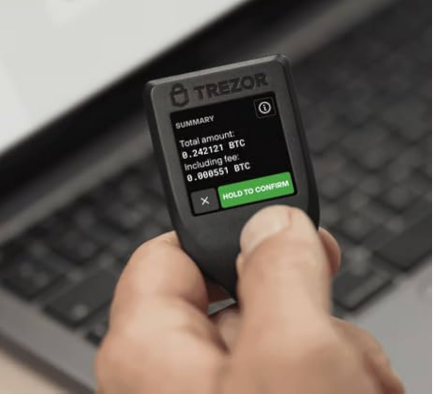
Trezor is Ledger’s biggest competitor, and equally impressive in security.
Pros:
- Intuitive touchscreen interface.
- Highly secure cold storage.
- Supports multiple cryptos.
- Open-source software.
Cons:
- Even pricier ($200+).
- A bit bulky compared to Ledger.
- Setup can feel a bit technical for beginners.
Best for: Long-term investors who want peace of mind and hold significant crypto investments.
📲 Software Wallets: Your Crypto on-the-Go
Trust Wallet
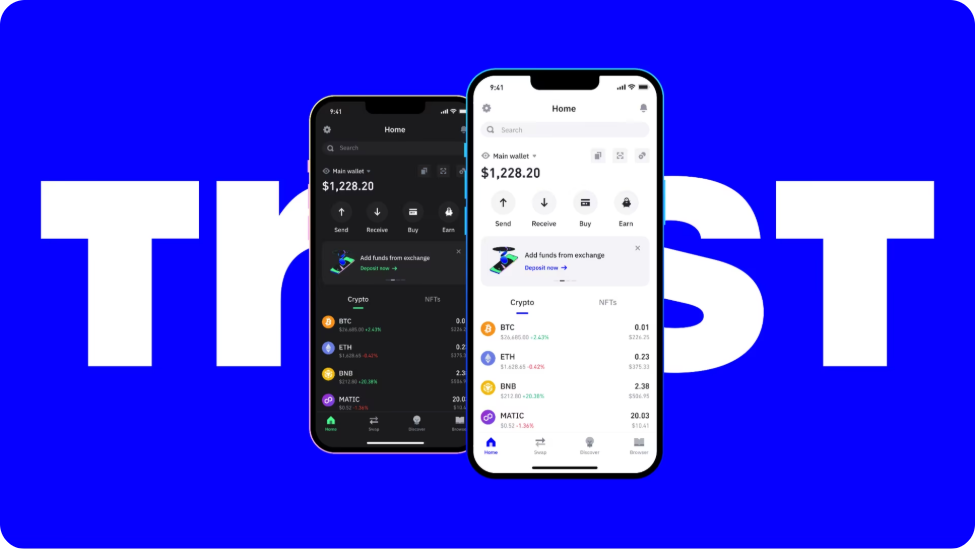
Trust Wallet (backed by Binance) is one of the most popular mobile wallets — easy to use, versatile, and perfect for quick transactions.
Pros:
- Free and beginner-friendly.
- Supports thousands of tokens and NFTs.
- Built-in decentralized exchange (DEX).
- Excellent security features (face ID, fingerprint).
Cons:
- Less secure than hardware wallets.
- Security depends on your mobile device.
Exodus Wallet
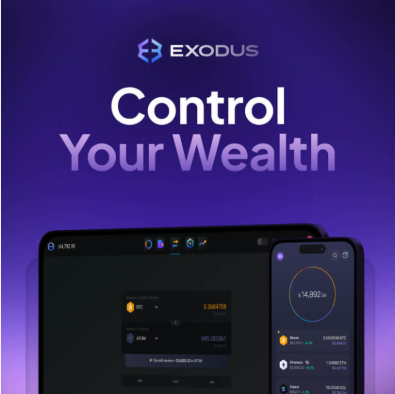
Exodus is sleek, intuitive, and beginner-friendly. Great for desktop and mobile users alike.
Pros:
- Beautiful, intuitive interface.
- Easy-to-understand portfolio tracker.
- Built-in exchange services.
- Superb customer support.
Cons:
- Not open-source (less transparency).
- Lacks advanced security features (no 2FA yet).
MetaMask
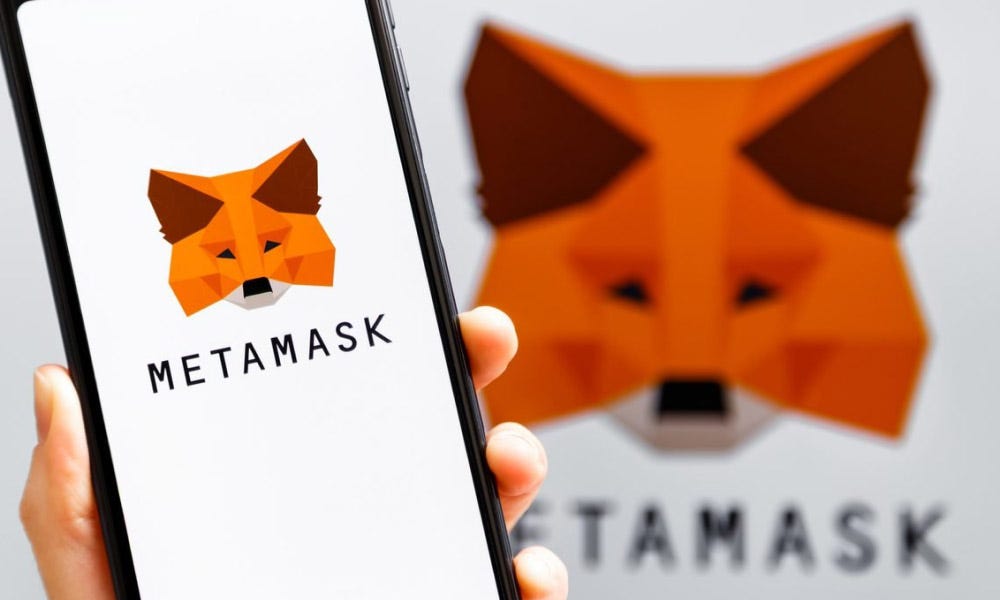
If you’re dipping your toes into DeFi or NFTs, MetaMask is your best friend.
Pros:
- Best wallet for interacting with Ethereum-based decentralized apps.
- Browser extension and mobile app available.
- Easy to set up and navigate.
Cons:
- Ethereum-centric (though expanding to other chains).
- User interface might confuse absolute beginners.
Best for: Investors who frequently buy, sell, or swap crypto, and enjoy the convenience of accessing crypto anywhere.
🏦 Custodial Wallets: Letting Exchanges Handle Security (Carefully!)
Coinbase Wallet

Coinbase Wallet (different from Coinbase Exchange) offers convenience with decent security.
Pros:
- Extremely beginner-friendly.
- Connects seamlessly with Coinbase exchange.
- Supports many coins and tokens.
Cons:
- Centralized control — your crypto depends on Coinbase security.
- Risk of exchange hacks (though Coinbase is highly reputable).
Binance Wallet

Binance is the largest crypto exchange and offers a convenient wallet option.
Pros:
- Access to hundreds of coins.
- Ideal for frequent traders.
- Solid security track record.
Cons:
- Centralized — your crypto isn’t truly in your control.
- Risk if Binance gets hacked (though unlikely).
Best for: New investors or frequent traders who prioritize convenience over total control.
Common Mistakes to Avoid (Don’t Skip This!)
Crypto mistakes can be costly — learn from these common ones:
- Ignoring Backups: Always back up your wallet’s seed phrase (seriously — write it down!).
- Sharing Private Keys: NEVER share your wallet’s private keys. EVER.
- Using Unverified Wallets: Stick with well-known wallets. Unknown wallets can be scams.
- Keeping All Crypto in One Wallet: Diversify — spread crypto across multiple wallets to manage risk.
Future Outlook: What’s Next for Crypto Wallets?
Crypto wallets are rapidly evolving. Expect:
- Easier-to-use hardware wallets: Less intimidating, more seamless.
- Better security: Multi-factor authentication, biometrics, and enhanced encryption.
- Integrated wallets in banking apps: Big banks entering crypto — this could simplify wallets even further.
Experts agree: wallets will become simpler, safer, and even more accessible for everyday investors.
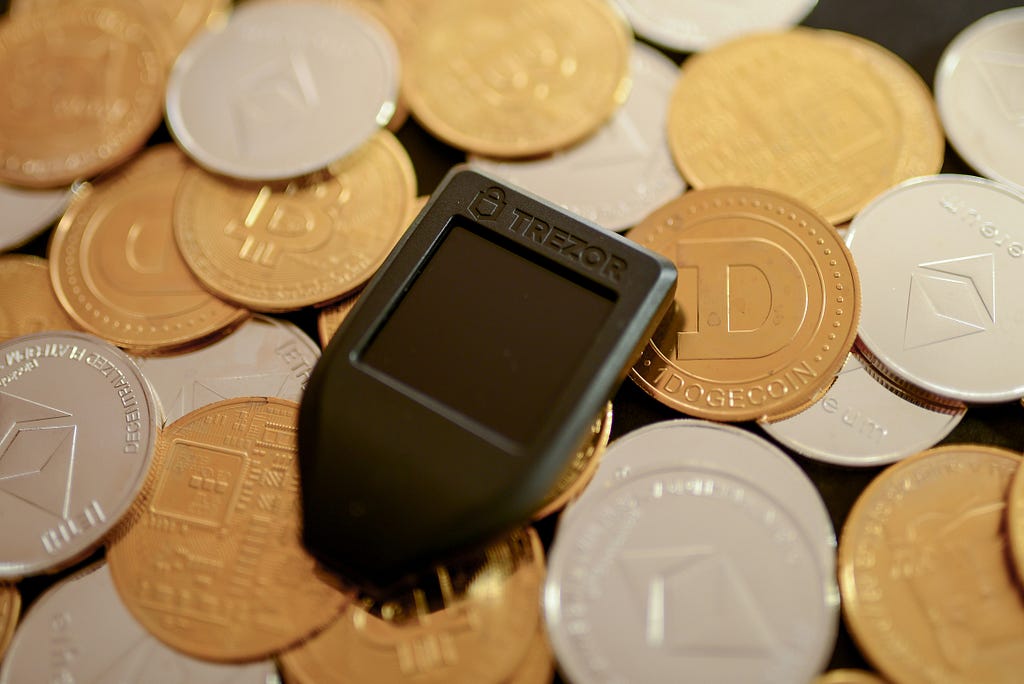
FAQs: Answers to Your Crypto Wallet Questions
Q: Which crypto wallet is the safest?
A: Hardware wallets (Ledger, Trezor) are safest because they keep crypto offline.
Q: Should I use multiple crypto wallets?
A: Definitely. Diversifying wallets reduces risk.
Q: Can crypto wallets get hacked?
A: Software wallets can be hacked if you’re careless. Hardware wallets are very secure if used properly.
Q: What if I lose my hardware wallet?
A: Don’t worry — as long as you have your backup seed phrase, you can recover your crypto.
Conclusion & Next Steps: Your Wallet, Your Choice!
Picking the right crypto wallet depends entirely on your lifestyle and goals:
- Long-term HODLer? Ledger or Trezor for max security.
- Active trader or casual investor? Trust Wallet or Exodus for convenience.
- Just starting out? Coinbase Wallet or Binance Wallet to keep things simple.
Ready to secure your crypto? Here’s what you should do right now:
- Choose your ideal wallet from our recommendations.
- Set it up (it’s easier than it sounds).
- Back up your seed phrase safely.
- Transfer a small amount first to test things out.
Feeling more confident now? Awesome! If you liked this guide and want more straightforward crypto advice tailored for busy professionals like you, subscribe now. Together, we’ll keep crypto investing simple, safe, and profitable. 🚀
The Best Crypto Wallets for 2025: Pros, Cons, and How to Pick the Right One was originally published in The Capital on Medium, where people are continuing the conversation by highlighting and responding to this story.
